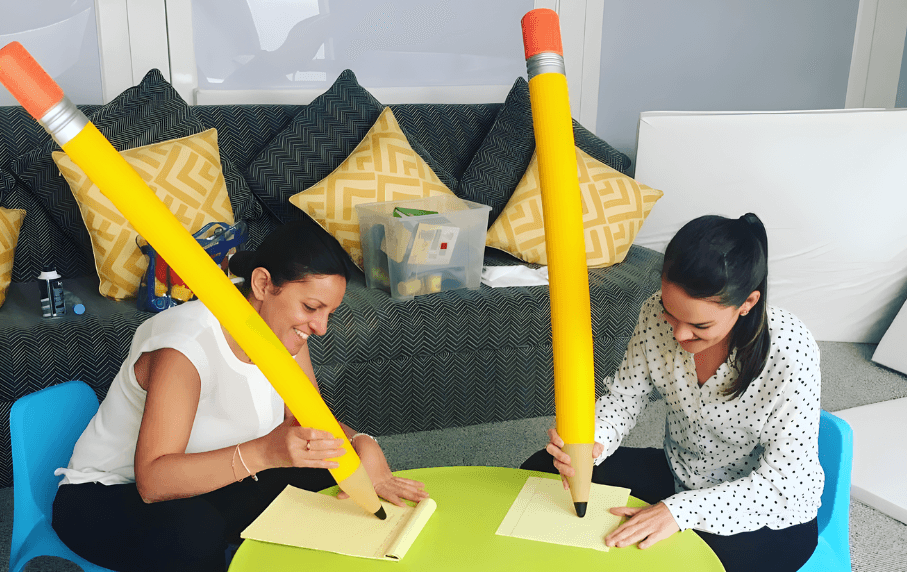

Scientific evidence is important, but it is not the only consideration when evaluating the type and timing of intervention programs for your child. Studies of young children with language delays not associated with ASD suggest that they usually learn effectively from interventions embedded in play and natural interactions, with clear models of language forms provided by adults for children to use the models in their own speech.
With this in mind, how can a family sift through the enormous amount of information available to find not only the most appropriate treatment for their child – but when such treatment should begin?
As we explain in Chapter 6 of our book, Let’s Talk, early childhood specialists know that young children need a lot of sensory and motor experiences to learn and, they learn best in one-to-one settings with a familiar adult.
Stated simply, intervention should be early. In 2001, the US-based National Research Council reviewed a variety of scientific studies of autism treatments and established six common elements of best practices for intervention for children with special needs, including ASD:
NOTE: The NRC research also suggests, quite strongly, that child-to-teacher ratios should be low, and a significant amount of individualized, one-to-one teaching should take place.
The aim of early intervention is to see the child in the most natural environment possible, which is where the child normally spends most of the time. If your child is too young for school, this will be your home, so intervention services will take place there.
Rather than teaching your child specific types of knowledge, the goal of early intervention is to build your child’s strengths and work on daily living and adaptive skills, such as:
Early intervention specialists use specific therapeutic and educational strategies to help young children acquire the skills they need to learn from teachers and peers in mainstream school settings. Such early life-skills work will also help to push your child toward what developmental scientists call a “typical growth trajectory” and will go a long way toward enhancing their social learning skills.
The opportunity to redirect your child’s development toward a more typical trajectory is one reason why early intervention is so important. By providing exciting, engaging activities that focus your child’s attention on people early in life, there is a greater chance to stave off some of the effects of an atypical developmental trajectory.
While there is a great deal more to say about the timing of intervention, and the value of early intervention for children with special needs in particular, we simply do not have the space needed to do so here. To learn more, you may wish to check out the book I co-authored, Let’s Talk, or, feel free to visit my Request for Services page.